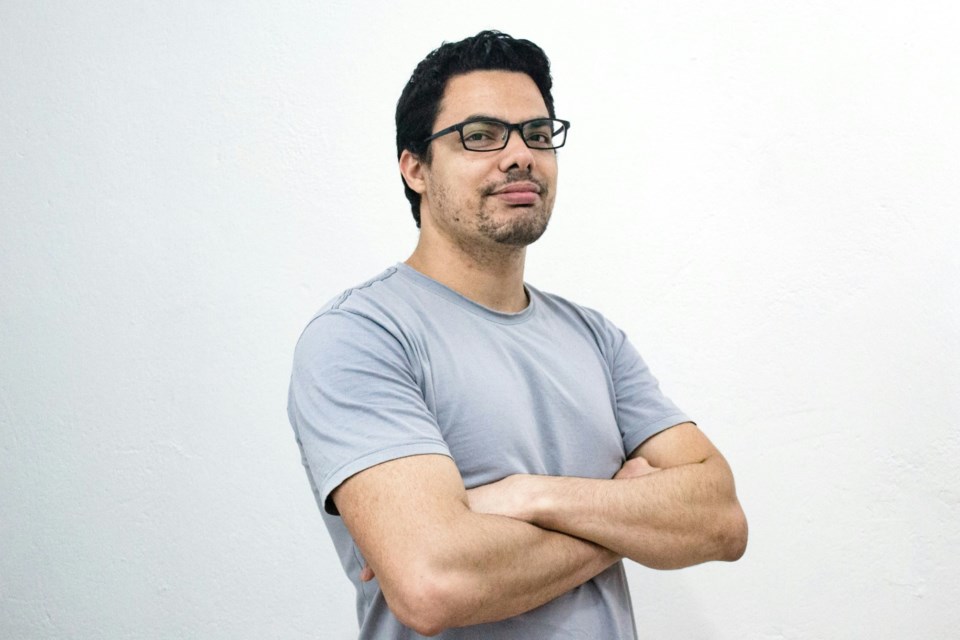We’re living in a time of rapid technological change. From artificial intelligence (AI) that can solve complex problems to CRISPR, a technology that allows scientists to edit genes, the future is full of possibilities. One of the big ideas that’s emerged is “collective intelligence” – the idea that when people work together and share their knowledge, we can solve huge problems on a global scale. But as exciting as this sounds, it raises a question: Can we benefit from collective intelligence without losing the individuality that makes us who we are?
Let’s break this down. Collective intelligence is about pooling knowledge. Think of it like the internet on a massive scale, where people from around the world share ideas and work together. With AI making this process even faster and easier, the potential for global collaboration is huge. Imagine scientists and thinkers from every corner of the world coming together to tackle things like climate change or curing diseases. This sounds amazing, right?
But there’s another side to this. As we move towards more global thinking, some people worry we might lose something important – our individuality. After all, what makes us human is our ability to think for ourselves, to be creative, and to bring unique perspectives to the table. This individuality has driven human progress for centuries. If everything becomes too collective, could we risk losing the diverse voices and ideas that spark innovation?
There’s even speculation about where technologies like CRISPR could take us. CRISPR allows scientists to edit genes, which means we can make changes to the DNA that makes up who we are. Some people wonder if, in the future, we could use this technology to create a more uniform human population. While this is a very speculative idea – far from where we are now – it raises questions about how far we’re willing to go in blending our differences.
On the one hand, working together as a global community could lead to incredible breakthroughs. On the other, it’s essential to recognize that individual creativity and unique ideas often come from people who think differently from the crowd. This balance between the power of the collective and the importance of the individual is at the heart of the debate about where we’re headed.
Some experts suggest that we need to rethink how we approach big problems. Traditionally, science has often been about breaking things down into smaller parts to understand them – a method called reductionism. But in today’s world, where everything is interconnected, some argue that we need a more holistic view. This means looking at the bigger picture, understanding how different parts of a system work together, and thinking more broadly about how we solve problems.
The idea is that we could embrace collective intelligence while still valuing individual contributions. But it’s a tricky balance to strike. If we push too hard toward global thinking, we might accidentally silence the very voices that offer new and creative solutions. We must be careful not to let collective intelligence overshadow the individuality that has driven so much of human progress.
As we look to the future, the challenge is clear: we must find ways to harness the power of global collaboration without losing the unique contributions of individuals. The future may be driven by AI and massive global efforts, but it should also make sure that individual voices aren’t drowned out.
In the end, the future of humanity will be shaped by the decisions we make today. It’s up to us to find the right balance between working together and celebrating the individuality that makes each of us a valuable part of the whole.
Dr. Perry Kinkaide is an accomplished manager and visionary, a change agent with passion and perspective. Since retiring in 2001, Perry has remained active as an advisor and director for several diverse public and private organizations. He is the founder (2005) and Past President of the Alberta Council of Technologies Society. His pre-retirement positions include Canadian Knowledge Management Practice Leader and Managing Partner for KPMG Consulting in Edmonton (1987-2001) and Assistant Deputy Minister, Director of Privatization and Funding Reform, Edmonton Regional Director and Regional Coordinator of Services for the Handicapped with the Alberta Government (1972-1986). He received his BA from Colgate University in 1964, MSc in 1967 and PhD from the University of Alberta in 1972 in Brain Research.
©
The commentaries offered on Â鶹´«Ã½ are intended to provide thought-provoking material for our readers. The opinions expressed are those of the authors. Contributors' articles or letters do not necessarily reflect the opinion of any Â鶹´«Ã½ staff.




